On April 24, the 2025 China Translation Association Annual Conference, guided by China International Communications Group (CICG) and co-hosted by China Translation Association, CICG Academy of Translation, and Dalian University of Foreign Languages (DUFL), opened in Dalian, Liaoning Province. With the theme "Translation Intelligence for the Future: Shaping a New-Quality Translation Industry to Boost China's Cultural Strength," the conference aimed to seize opportunities in the intelligent era, enhance translation's bridging role, and contribute to strengthening cultural soft power and promoting mutual learning among civilizations.
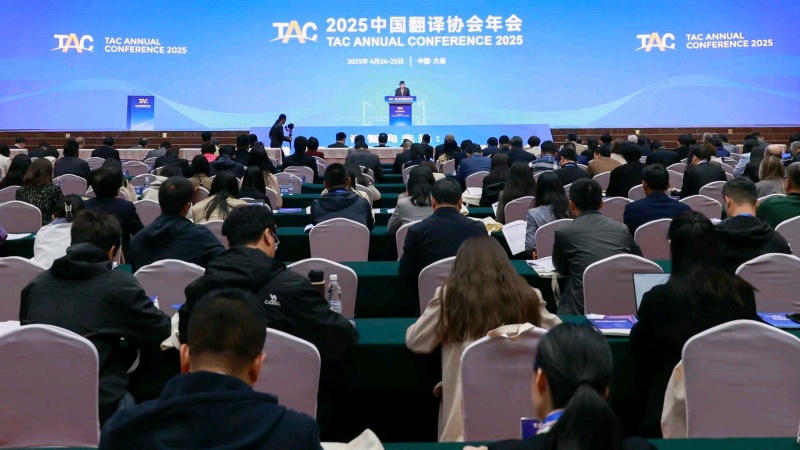
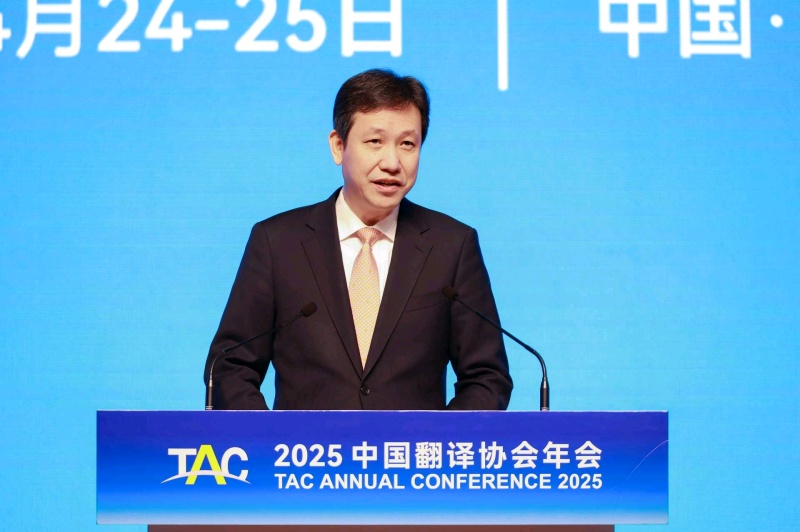
Du Zhanyuan, Director of CICG and President of China Translation Association; Jin Guowei, Member of the Standing Committee of the Liaoning Provincial Party Committee and Minister of the Publicity Department; Liu Enju, Deputy Secretary of the Dalian Municipal Party Committee; and Wang Weichen, Party Secretary of DUFL, attended the opening ceremony and delivered speeches. Alison Rodriguez, President of the International Federation of Translators, addressed the conference via video. Gao Anming, Editor-in-Chief of CICG and Executive Vice President and Secretary-General of China Translation Association, presided over the meeting. Other attendees included Ji Meng, Division Director and Second-Level Inspector of the International Communication Bureau of the Publicity Department of the CPC Central Committee; Wu Bin, Deputy Director of the Liaoning Provincial Publicity Department; Luo Li, Party Secretary and Director of the Liaoning Provincial Foreign Affairs Office; Kong Feng, Deputy Director of the Liaoning Provincial Department of Education; and Guo Tiejun, Member of the Standing Committee of the Dalian Municipal Party Committee and Minister of the Publicity Department. Representatives from central government agencies, enterprises, universities, research institutions, and the translation industry participated in the conference.
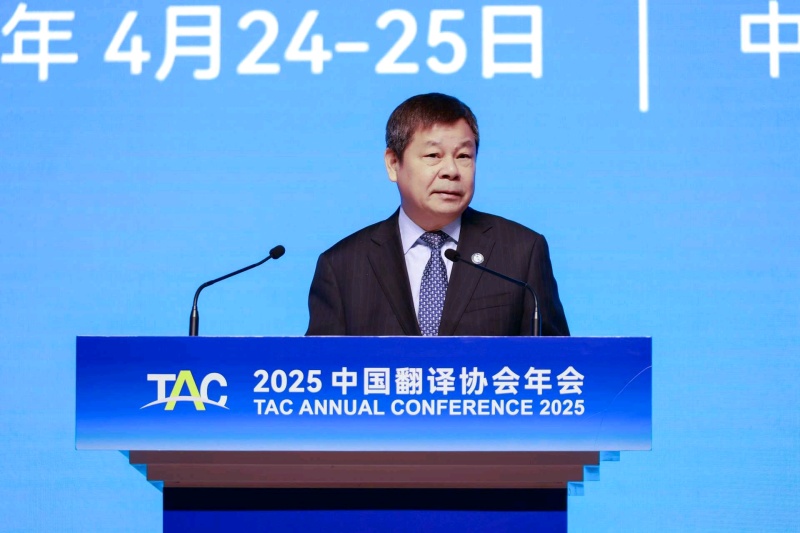
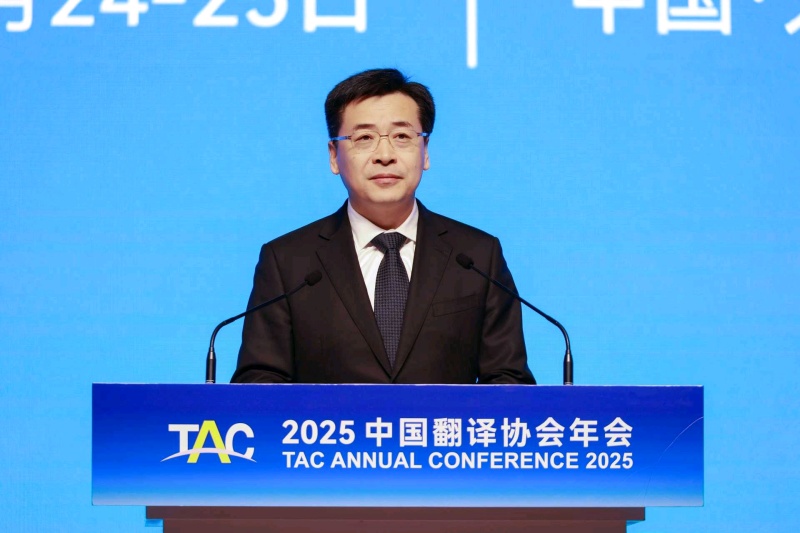
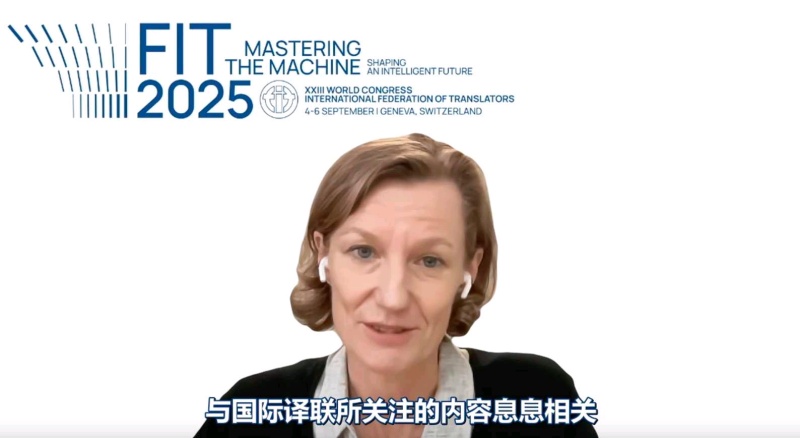
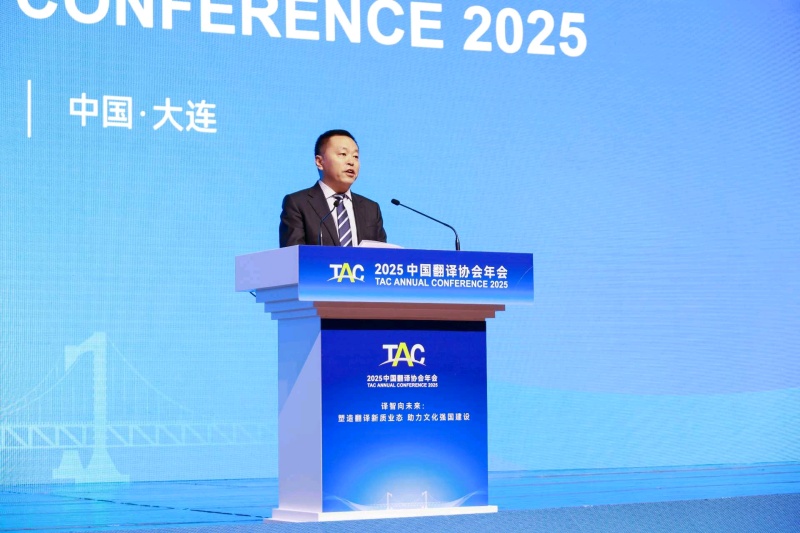

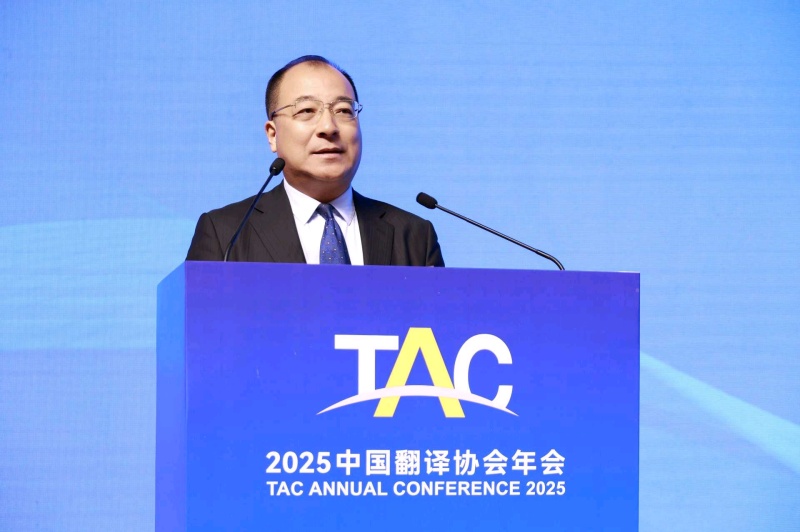
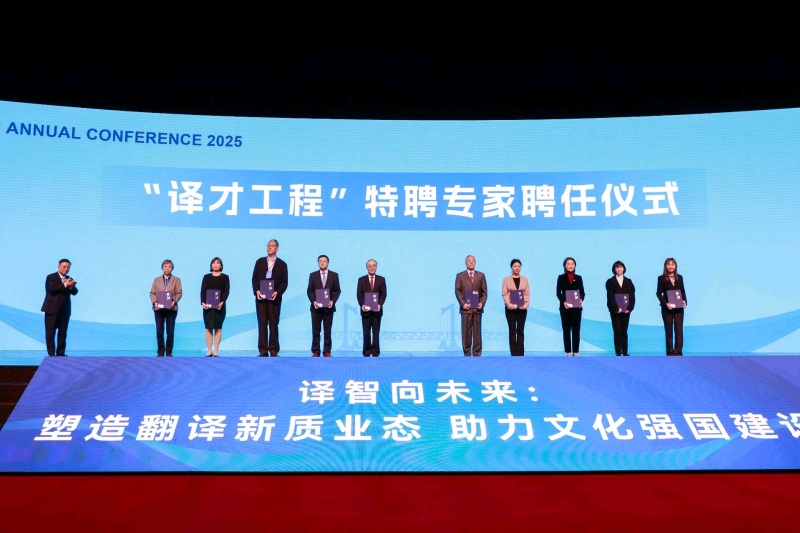
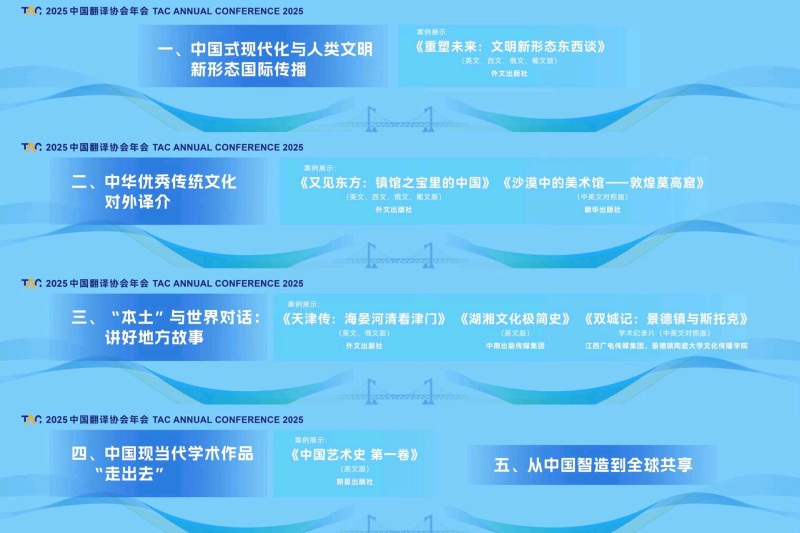
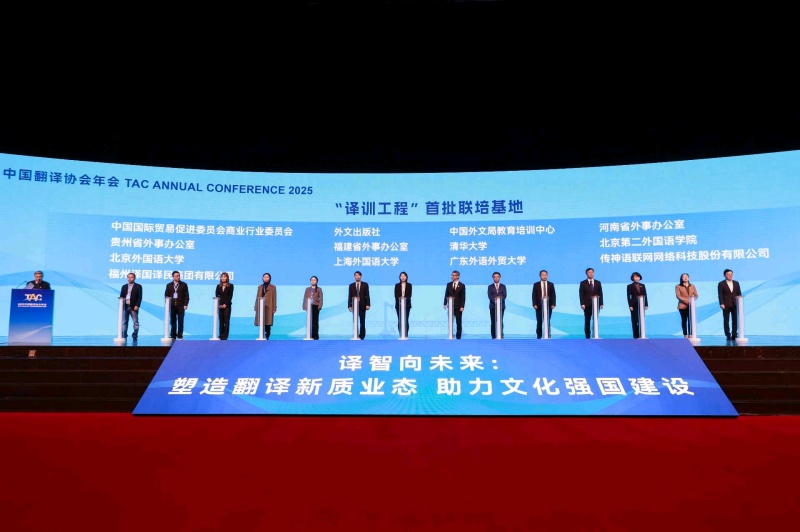
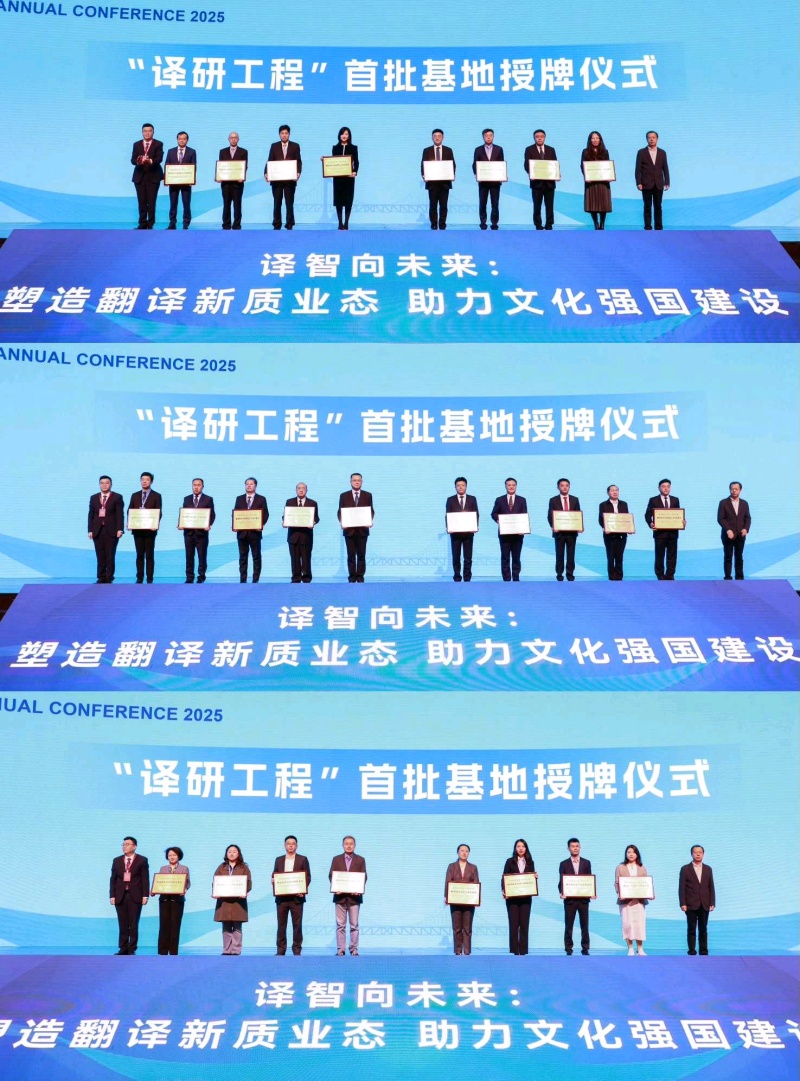
The two-day conference featured nearly 30 thematic sessions, including "Standardization of Translating China's Political Discourse," "Promoting Standardization in Museum Translation to Facilitate Global Outreach," "Translation and Mutual Learning Among Civilizations," "Connecting the World: Transportation Translation and International Communication in the AI Era," and "Legal Translation and Communication in Foreign-Related Matters in the AI Age." It also included a special "Translation Forum" lecture and an exhibition of translation industry achievements.
In recent years, DUFL has focused on serving national strategic needs by building a high-quality translation talent cultivation system to strengthen the foundation for international communication professionals. It has enhanced practical training to improve language services for urban diplomatic activities, leveraged specialized translation platforms to create regional innovation hubs for international communication, explored the integration of AI and translation education to align with new-quality productivity development, and deepened the incorporation of translation education and research into the international communication landscape to boost Dalian's global influence.
The successful convening of this annual conference has provided strategic guidance and direction for the high-quality, leapfrog development of the translation industry. In the new era and journey ahead, DUFL will leverage its "Four Translation Initiatives" to deepen industry-education integration, interdisciplinary collaboration, and technology-driven approaches, comprehensively enhancing the quality of translation education and its capacity to serve society.